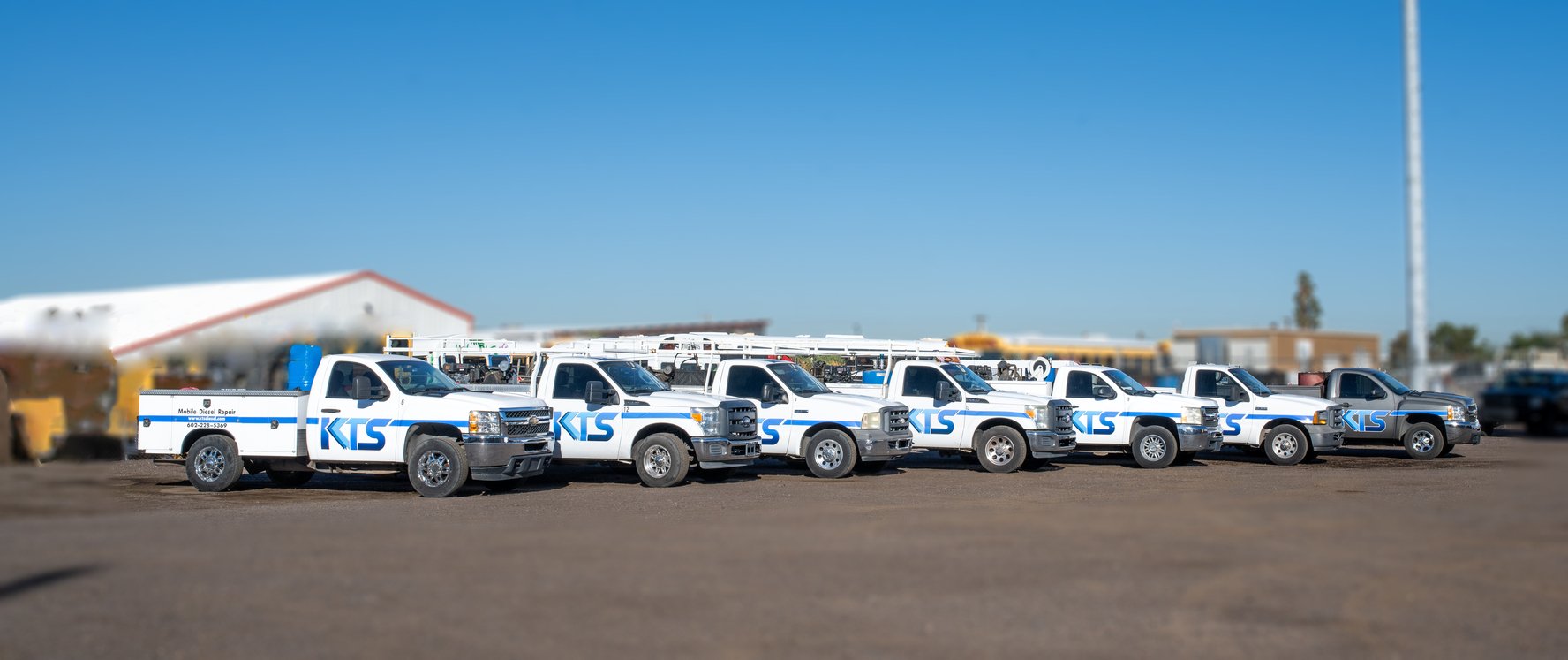
For Business Owners & Fleet Managers Who Can’t Afford Delays
Fast, Reliable Fleet Solutions That Keep You on The Road.
Keep your fleet running and your business thriving with same-day repairs, on-site support, and zero downtime.
We are certified venders For
hear from our people
Flexible Fleet Repairs: Wherever You Need Service
MOBILE FLEET REPAIR
Minimize Downtime and Stay Road-Ready
We provide expert mobile diesel repair and maintenance with fast and reliable on-site service to keep your fleet running.
From emergency roadside assistance to preventive maintenance and DOT compliance, our certified technicians ensure minimal downtime and maximum efficiency.
No towing. no delays. just dependable service whenever and wherever you need it.
IN-SHOP FLEET REPAIR
Expert In-Shop Fleet Repairs for Maximum Uptime
We provide advanced diagnostics, major overhauls, and scheduled maintenance in a fully equipped repair facility.
With a team of skilled diesel mechanics and access to specialized tools and parts, we handle complex repairs efficiently.
Keep your fleet running smoothly with reliable in-shop service tailored to your needs.
fast turnaround times
Get back on the road quickly with efficient, expert repairs.
Accurate Estimates
We provide precise cost breakdowns with clear pricing, so you always know what to expect.
Same-Day Service
We’re prepared to have you back up and running—typically by the same day.
Honest and Reliable
No upsells, no extras. Just the repairs your fleet needs.
Fleet Tracking
Our proactive reminders help you stay ahead of maintenance and avoid unexpected downtime.
-

Your Partner in Keeping Fleets Running and Profitable
Minimizing downtime with quick response and expert service keeps fleets moving. Compliance and risk reduction are achieved through DOT-ready inspections and maintenance. Preventative maintenance lowers repair costs and helps avoid costly breakdowns. Around-the-clock support ensures assistance is available whenever it is needed.
Fleet managers and business owners trust KTS Enterprise for reliable service and real results without delays.
-

Reliable Fleet Support When You Need It Most
Preventative maintenance helps lower repair costs and extend the lifespan of vehicles. KTS Enterprise provides 24/7 on-call support for existing customers, ensuring quick solutions to keep trucks running. New clients receive priority service on the next business day. Our expert technicians deliver efficient and cost-effective repairs and maintenance, helping owners and fleet managers reduce downtime, prevent costly breakdowns, and maintain compliance.
-

Committed to Fleet Truck Safety and Reliability
Keep your fleet running smoothly with 24/7 on-call support for existing customers and priority next-business-day service for new clients. Our expert technicians deliver fast, cost-effective repairs and proactive maintenance to prevent breakdowns and ensure compliance.
We offer immediate assistance for fleet issues, preventative maintenance to extend vehicle lifespan, and compliance services to meet DOT standards. With efficient fleet management, your operations stay on track without disruptions.
DOT and 90-Day BIT Inspections
Commercially registered fleet vehicles require regular inspections to ensure they run safely and legally. Our DOT-certified technicians perform a comprehensive inspection annually, complying with the Federal regulations. Our experienced and qualified technicians also provide 90-day BIT (Basic Inspection of Terminals), as the State of California requires, for commercial motor vehicles to ensure safe fleet operation.
Who We Are
At KTS Diesel, we've been proudly serving businesses since 2009, offering dependable, top-tier diesel repair services. What started as a mobile repair service to meet the urgent needs of fleet operators has evolved into a comprehensive operation. Today, we provide both on-site and in-shop solutions, backed by years of expertise. Our commitment is to help businesses minimize downtime, avoid expensive repairs, and stay compliant with industry standards. With over a decade of experience, we remain dedicated to keeping your fleet running smoothly.
Your 24/7 Mobile Diesel Repair Shop
Reliable Fleet Service Across Two Locations
With two convenient locations, we offer fast and expert fleet repair and maintenance services within a 30-mile radius of each. Whether you need routine maintenance or emergency service, our team is ready to keep your trucks running smoothly.
Phoenix
3114 W. Durango St.
Phoenix, AZ 85009
Chandler
11311 E. Germann Rd
Chandler, AZ 85249



















